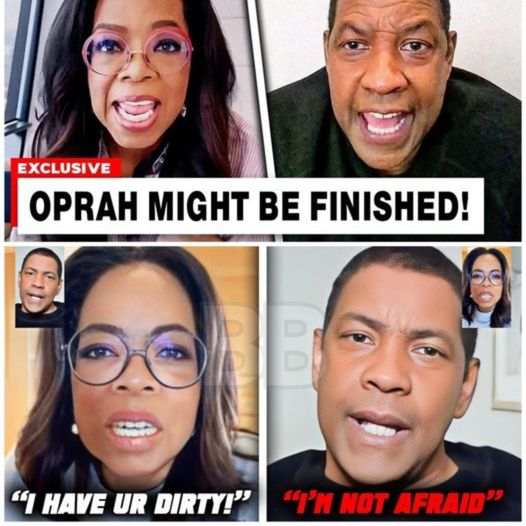
In an unexpected turn of events that has taken the advertising world by storm, esteemed actor Denzel Washington has reportedly turned down a lucrative $10 million endorsement deal from retail giant Target. His reason, as boldly stated, was that he is not interested in “saving your woke brand.” This decision by Washington, a respected figure in Hollywood with a career spanning decades, has sparked a widespread discussion about celebrity endorsements, corporate branding, and the current cultural climate.
Washington, known for his powerful performances and a no-nonsense persona, has always maintained a certain distance from the typical Hollywood endorsement scene. His choice to decline Target’s offer, however, is not just about shying away from commercial ventures; it’s a statement reflecting a growing trend among public figures who are increasingly vocal about their personal beliefs and how they align with the brands they endorse.
Target, like many other major corporations in recent years, has been actively working to position itself as a socially responsible and inclusive brand. Their campaigns have increasingly focused on diversity, inclusivity, and social justice themes, which some have labeled as “woke” initiatives. This approach, while resonating with many consumers, has also been met with skepticism and criticism from others who view it as an overemphasis on political correctness or an unnecessary foray into social issues by a retail brand.
Washington’s refusal of the $10 million deal is a significant moment in this ongoing debate. His statement, “I’m not saving your woke brand,” is a direct challenge to the notion that celebrity endorsements can or should be used to bolster a company’s image in the realm of social and political activism. It raises critical questions about the authenticity and effectiveness of such campaigns and whether they align with the true values and beliefs of the celebrities who are the face of these brands.
Leave a Reply